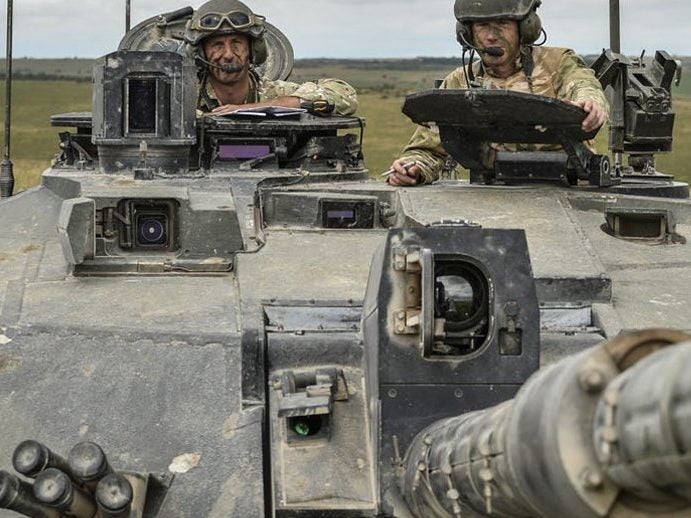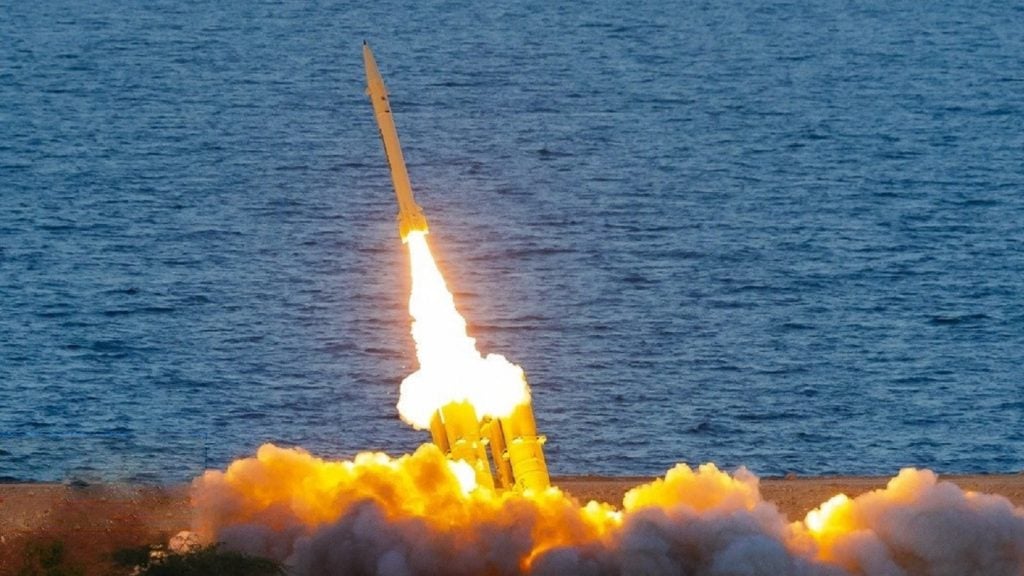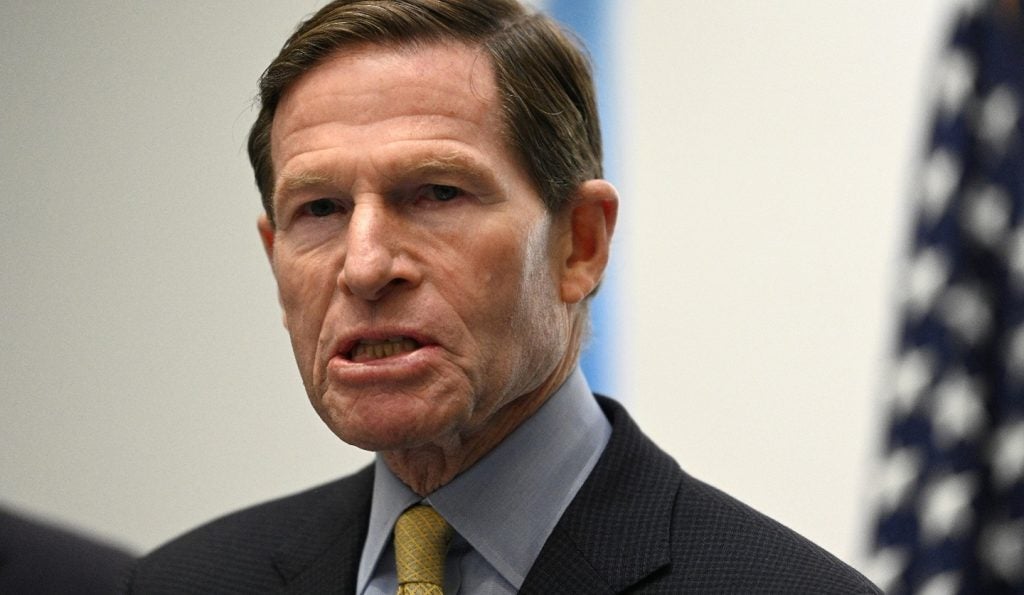
The Poland-based Warsaw Insitute found: “The British arms industry will arguably be the biggest loser of Brexit as the new, post-2020 reality may impede many of its contracts with EU nations by increasing prices and delaying project completion – all as possible results of the returning EU-UK ‘hard border’.
“The loss of competitiveness in Europe would force the UK to look for new markets for their weapon systems.”
While the UK and the EU are still negotiating the future relationship, the final agreement will have an effect on how the UK’s Armed Forces and defence industry do business abroad. The report, however, did note that that the overall effects on defence would be ‘minimal’ when compared to other aspects of the UK’s ties with the EU such as ‘economy, travel and cross-border cooperation’.
The UK’s continued commitment to NATO would also help to downplay the effects of Brexit on the continent’s defence and security, as the organisation remains the main ‘security guarantor’ in Europe, rather than the EU.
Brexit’s effect on how trade is conducted between the bloc and the UK could pose problems for both parties, as is will be harder to transport goods between the two. While the UK-EU arms trade is described as ‘minimal’, the report adds: “Multinational companies such as Airbus Defence may be the biggest losers since their ties with UK need to be upheld, regardless of the future shape of the EU-UK relations.”
The potential of tariffs on imports and exports could also make it harder for UK defence companies to do business with the EU as it will inflate the price of goods, allowing competing EU companies to pick up more business on the continent.
How well do you really know your competitors?
Access the most comprehensive Company Profiles on the market, powered by GlobalData. Save hours of research. Gain competitive edge.

Thank you!
Your download email will arrive shortly
Not ready to buy yet? Download a free sample
We are confident about the unique quality of our Company Profiles. However, we want you to make the most beneficial decision for your business, so we offer a free sample that you can download by submitting the below form
By GlobalDataThe report added: “The expected crisis can be averted either by the free trade agreement in place or, should this option not be possible, a bilateral trade agreement between the UK and several, if not all, EU27 states abolishing tariffs and border checks.
“Should these measures not be in place, many projects run by European companies may be hit with delays or even cancellations.”
The UK’s withdrawal will also have budget ramifications for the EU’s Common Security and Defence Policy (CSDP); the report noted that this will be one of the main impacts on EU defence. The UK suspending contributions to the CSDP could also lead to future interoperability problems between the EU and UK militaries, as the two will no longer share overlapping common goals when it comes to structuring forces around defence policies.
The UK will also miss out on training opportunities offered by future EU peacekeeping missions.
The UK has long resisted the militarisation of the EU and shared defence policy, often citing the existence of NATO as a reason not to tie EU members’ Armed Forces closer together.
The Warsaw Insitute found that the UK’s exit could ease the way for a closer union of the EU’s Armed Forces adding: “Although the European Union is predominantly a political alliance, some of its members, including France and Germany, have openly spoken about creating a ‘European Army’. Despite different attempts having been made over the years, up until this stage these have withered out as mere political declarations. However, Brexit may actually accelerate the creation of a more defence-orientated Union.
“This is because, ever since its accession in 1973, the United Kingdom has been a loud opponent of any attempts to increase the defensive capabilities of the Union, citing the existence of NATO. Now that the UK is gone, the Franco-German duo that has been pushing for a greater militarisation is left without its greatest and strongest opponent, hence allowing for less impeded steps to be taken for these plans to finally be put into action.”
The report adds that due to the ongoing crisis with Covid-19 and the likely future fragility of both the EU and UK’s economies, the two could extend the current transition period in order to allow for more time for negotiations.







